Biography
Recently, Ning Gao joined Google as a Machine Learning Engineer. Before that, Ning obtained his PhD degree in Autonomous Learning Robots (ALR) at Karlsruhe Institute of Technology (KIT) supervised by Prof. Gerhard Neumann. He was a doctoral researcher at Bosch Center for Artificial Intelligence (BCAI), Renningen, Germany. His research interests lie in the field of large language model, meta‑learning and self‑supervised learning towards efficient and generalizable representation on novel tasks across various robotic applications, e.g. natural language processing, robotic grasping, 6D object pose estimation, object segmentation and scene understanding.
- Large Language Model
- Few-shot learning, meta-learning, self-supervised learning
- Robotic vision & manipulation
- 3D Vision
- Scene Understanding
PhD in Robotic Vision, 2020-now
Karlsruhe Institute of Technology
MSc in Mechanical Engineering, 2019
Karlsruhe Institute of Technology
BSc in Automotive Engineering, 2016
Shanghai Tongji University
Featured Publications
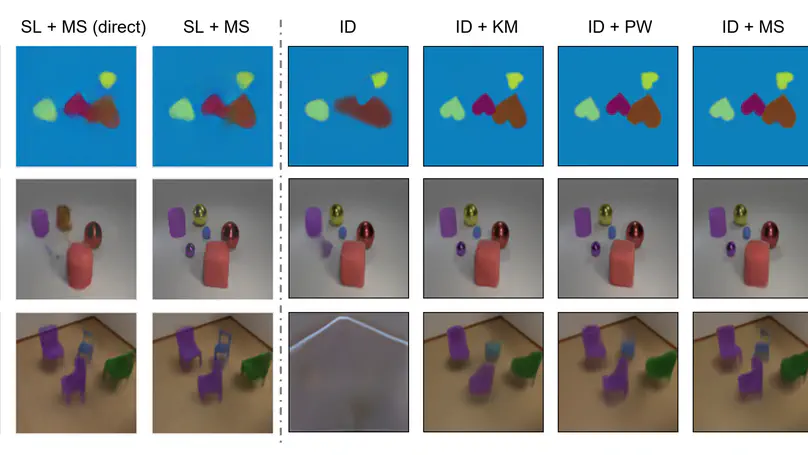
This work proposes the conditional slot initialization using clustering algorithms instead of random initialization and allows to generate flexible number of slots. Furthermore, it analyzes the effect of permutation symmetry including invariance and equivariance on the object-centric slot representations indicating the permutation equivariant mean-shift model presents notable advances especially for complex scenes.
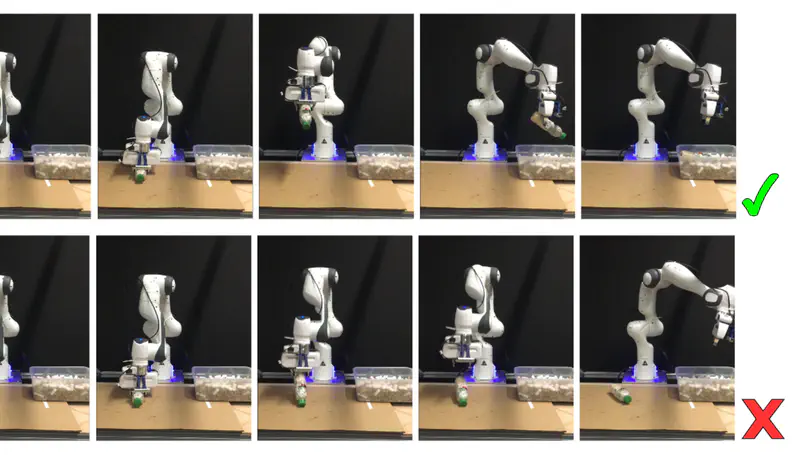
We introduce a novel meta-learning grasp framework aimed at addressing the relatively unexplored challenge of grasping objects characterized by diverse physical properties, relying solely on visual input. Two innovative synthetic datasets that explicitly incorporate physical properties are introduced, making them compatible with a wide range of simulation frameworks. Our approach demonstrates substantial advantages in real-world object manipulation, despite being trained exclusively in a simulated environment.
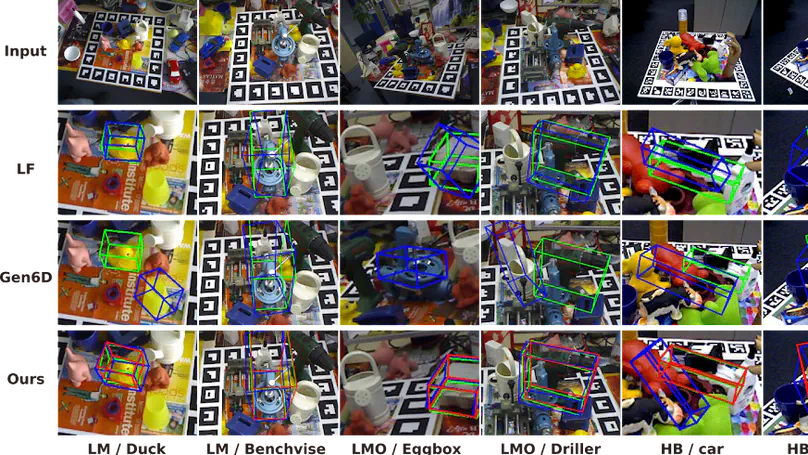
In this work, we propose a few-shot pose estimation (FSPE) approach called SA6D, which uses a self-adaptive segmentation module to identify the novel target object and construct a point cloud model of the target object using only a small number of cluttered reference images.
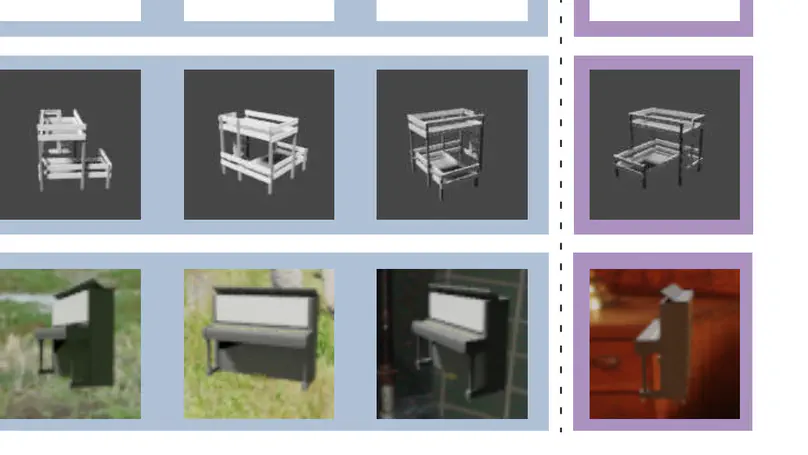
This work investigates meta-learning algorithms on vision regression tasks and demonstrates their ability to tackle structured problems with a new proposed functional contrastive learning on the task representation of CNPs to improve its expressivity. Furthermore, it quantitatively analyzes various deep learning techniques to alleviate meta overfitting.
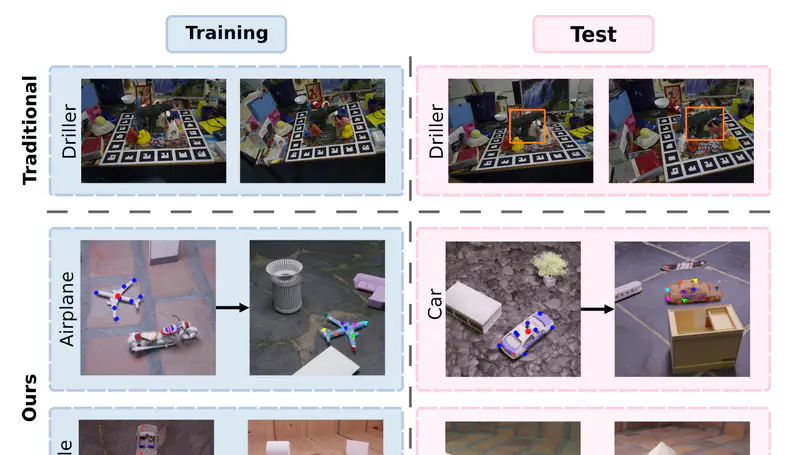
We introduce a novel meta-learning framework for 6D pose estimation with strong generalization ability on unseen objects within and across object categories, with a proposed GNN-based keypoint prediction module that leverages geometric information from canonical keypoint coordinates and captures local spatial constraints among keypoints via message passing.